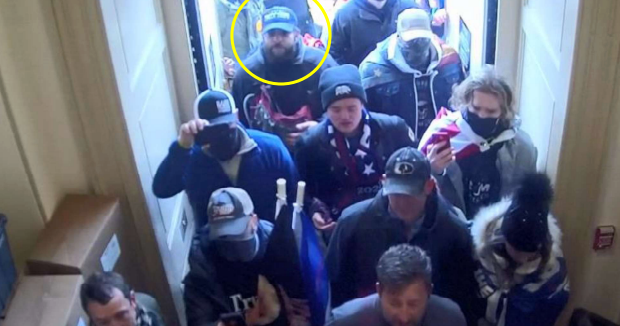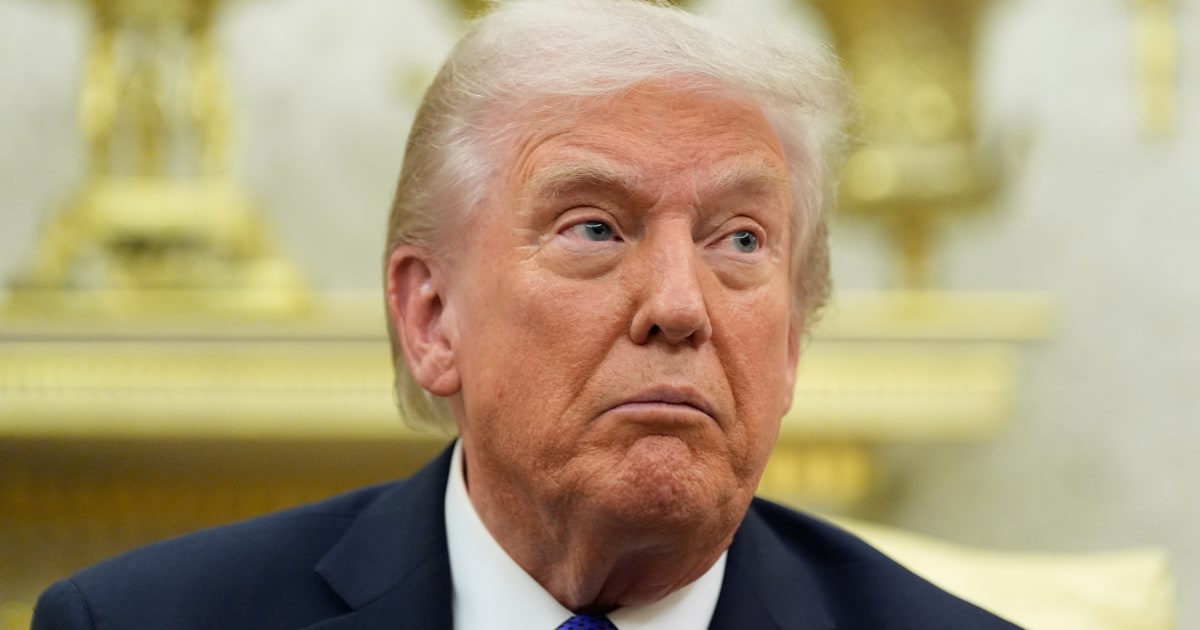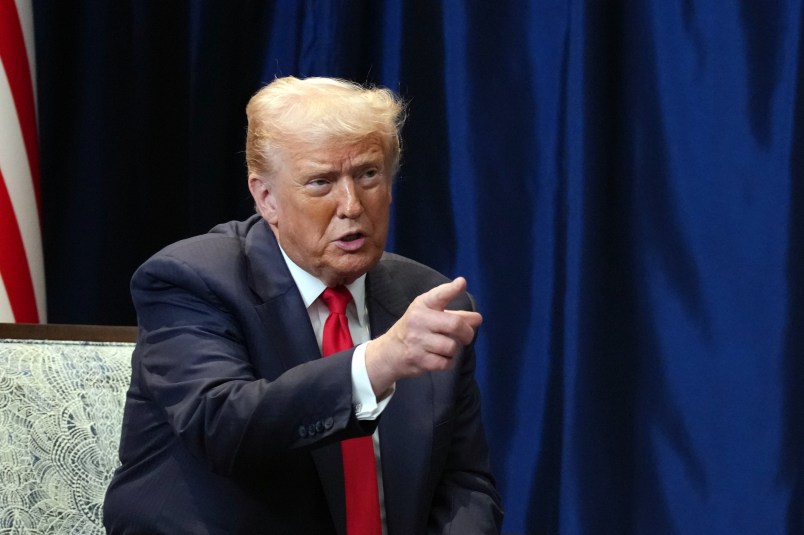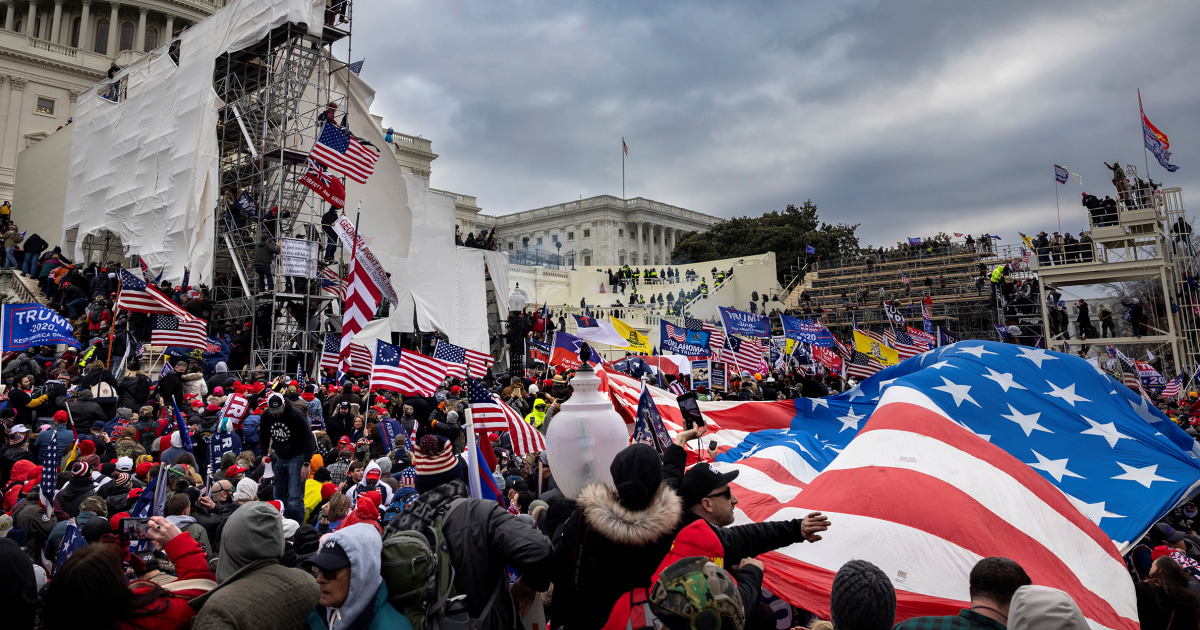Justice Department Suspends Prosecutors Over Jan. 6 'Riot' Description; Official Memos Revised
Two federal prosecutors were suspended by the Justice Department for describing the January 6 Capitol events as a "riot" or "mob" in court filings, leading to the omission of these terms in new sentencing memos.
Overview
- The Justice Department placed two federal prosecutors on administrative leave following their description of the January 6 Capitol events.
- Their suspension was due to using terms like "riot" and "mob of rioters" in court documents when referring to participants in the January 6 attack.
- These descriptions were made in filings related to the January 6 assault on the U.S. Capitol during the certification of the 2020 presidential election results.
- Crucially, new sentencing memos for Jan. 6 defendants have since been issued, deliberately omitting any references to the events as a "riot" or "mob."
- One such filing concerned defendant Taranto, who received a pardon from President Trump but faces separate 2023 gun charges, adding complexity to the case.
Report issue

Read both sides in 5 minutes each day
Analysis
Center-leaning sources cover this story neutrally, focusing on the factual reporting of the Justice Department's decision to place two prosecutors on leave. They detail the specific language used in court documents regarding Jan. 6, provide background on the defendant, and include official statements, all while avoiding loaded language or overt editorial judgment in their own narrative.
Articles (8)
Center (2)
FAQ
They were suspended for describing the January 6 Capitol events as a "riot" or "mob" in court filings, which led the Justice Department to revise sentencing memos to omit these terms.
The new sentencing memos deliberately omitted references to the events as a "riot" or a "mob," avoiding language used previously by the suspended prosecutors.
Defendant Taranto received a pardon from President Trump related to the January 6 events but is facing separate gun charges in 2023, complicating his legal situation.
The events refer to the January 6, 2021, attack on the U.S. Capitol during the certification of the 2020 presidential election results.
Experts debate whether speeches such as those by former President Trump constitute incitement under the First Amendment, focusing on the requirement of intent and imminence of lawless action established by Supreme Court cases like Brandenburg v. Ohio.
History
- 20h

 5 articles
5 articles








